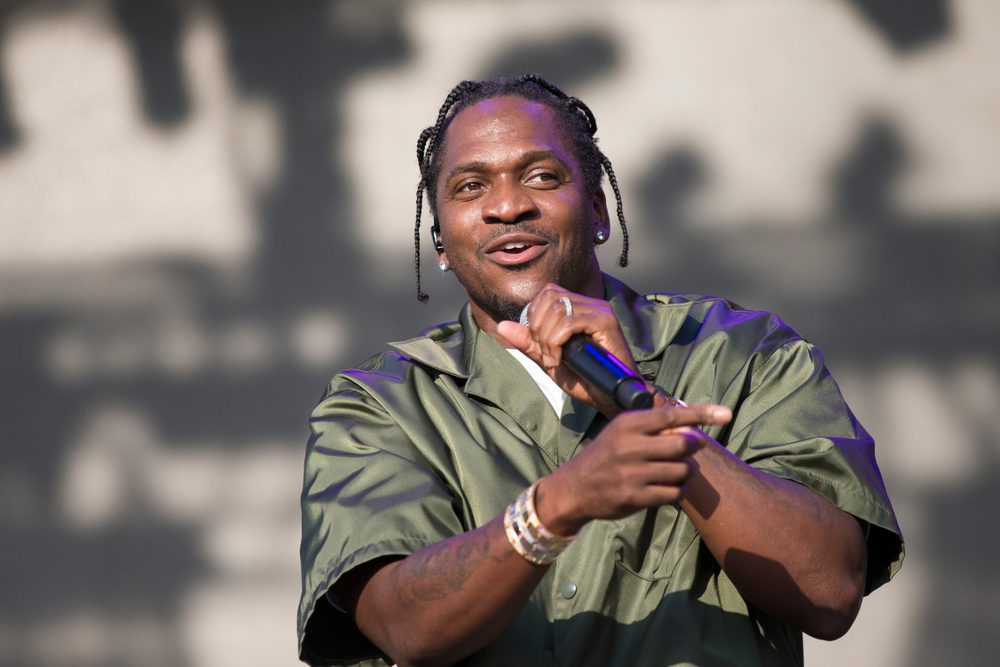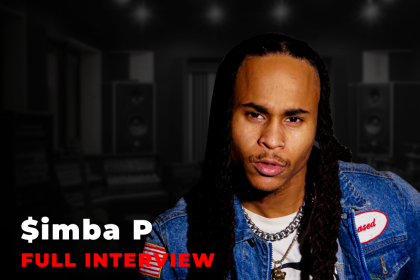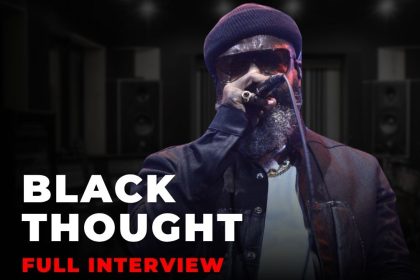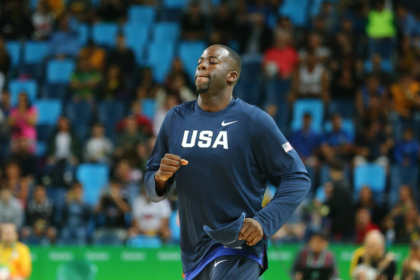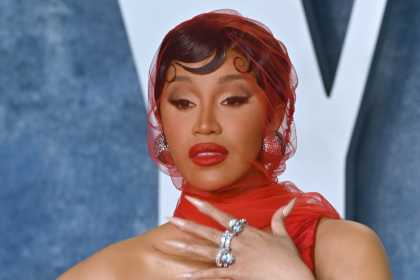The music industry’s power dynamics have long favored corporate interests over artistic expression, but few artists have faced the institutional pushback that Pusha T has encountered in recent years. The Virginia-born rapper, whose razor-sharp wordplay and unflinching authenticity have defined his two-decade career, now finds himself locked in a high-stakes battle with Universal Music Group over creative freedom that extends far beyond typical artist-label disputes.
Steven Victor, Pusha T’s longtime manager and industry insider, recently pulled back the curtain on these tensions in a revealing conversation with Billboard. His account exposes a troubling pattern of corporate interference that threatens not just individual projects, but the fundamental principles of artistic expression that have made hip-hop a transformative cultural force.
Corporate censorship threatens Pop Smoke legacy
The most striking example of this creative interference emerged during the posthumous production of Pop Smoke’s breakthrough album Shoot For The Stars Aim For The Moon. What should have been a straightforward collaboration between two respected artists instead became a corporate battlefield when Universal Music Group executives flagged Pusha T’s verse on the track “Paranoia” as potentially problematic.
The label’s concern centered on lyrics they believed could be interpreted as targeting Drake, despite Victor’s insistence that no such intention existed. This misreading by corporate executives demonstrates a fundamental disconnect between label decision-makers and the artistic community they claim to serve. The situation escalated when UMG delivered an ultimatum that would become emblematic of the industry’s heavy-handed approach to creative control.
Victor revealed that UMG demanded Pusha T either change his lyrics or face the album’s cancellation entirely. The ultimatum represented more than editorial oversight—it constituted a direct assault on artistic integrity and freedom of expression. Rather than engage in meaningful dialogue about the content, UMG chose to wield its financial leverage as a weapon against creative authenticity.
The consequences proved immediate and far-reaching. Pop Smoke’s original artistic vision was compromised as Pusha T’s contribution was scrapped entirely, replaced by verses from Gunna and Young Thug. While these artists delivered quality performances, the substitution represented a fundamental alteration of the deceased rapper’s intended legacy, raising ethical questions about posthumous artistic manipulation.
Clipse returns despite label resistance
The pattern of corporate interference has continued to plague Pusha T’s current projects, most notably the highly anticipated Clipse reunion album Let God Sort Em Out, scheduled for release this summer. The project, which marks the return of one of hip-hop’s most influential duos, has become another battleground between artistic vision and corporate risk management.
Central to this latest dispute is a planned collaboration with Kendrick Lamar, an artist whose own complex relationship with industry expectations has defined much of his career. UMG’s reluctance to approve this feature demonstrates the label’s continued prioritization of perceived market safety over artistic merit. The decision reflects a broader industry trend toward sanitizing hip-hop content to maximize commercial appeal while minimizing potential controversy.
This corporate timidity stands in stark contrast to hip-hop’s rebellious origins and its historical role as a vehicle for challenging established power structures. When labels impose such restrictions, they fundamentally misunderstand the genre’s cultural significance and artistic purpose.
Industry pattern of creative suppression
Pusha T‘s experiences reflect broader systemic issues within the music industry’s approach to hip-hop artistry. The genre’s most powerful voices have consistently emerged from artists willing to challenge conventions, address uncomfortable truths, and maintain authenticity in the face of commercial pressure. Corporate attempts to moderate these voices inevitably dilute their impact and cultural relevance.
The financial stakes involved in major label releases create inherent tension between artistic expression and commercial viability. While labels argue that their oversight protects both artists and consumers, critics contend that such interference fundamentally compromises the artistic process and diminishes hip-hop’s cultural impact.
Historical context of hip-hop independence
Hip-hop’s greatest achievements have traditionally emerged from artists who maintained creative control despite industry pressure. From N.W.A’s confrontational politics to Kendrick Lamar’s complex narratives, the genre’s most influential works have challenged rather than accommodated corporate expectations. Pusha T’s resistance to label demands continues this tradition of artistic independence.
The current disputes also highlight the ongoing evolution of artist-label relationships in the streaming era. As traditional revenue models shift and artists gain alternative distribution channels, the balance of power between creative and corporate interests continues to evolve. Pusha T’s stance represents a crucial test case for artistic autonomy in this changing landscape.
Cultural impact beyond music
The implications of these creative battles extend well beyond individual albums or artists. Hip-hop’s role as a platform for social commentary and cultural critique depends on artists’ ability to address controversial topics without corporate interference. When labels impose restrictions based on potential backlash or commercial concerns, they effectively undermine the genre’s cultural significance.
Pusha T’s commitment to artistic integrity, despite significant financial and professional costs, demonstrates the personal sacrifices required to maintain authentic expression in a corporate-dominated industry. His willingness to forgo lucrative opportunities rather than compromise his artistic vision establishes an important precedent for other artists facing similar pressures.
Future of creative independence
As the music industry continues evolving, the outcomes of disputes like those involving Pusha T will likely influence how future artist-label relationships develop. The rise of independent distribution platforms and alternative revenue streams provides artists with new leverage in negotiations with major labels, potentially shifting the balance toward greater creative freedom.
The hip-hop community’s response to these conflicts will also prove crucial. Industry support for artists willing to resist corporate pressure can help establish new norms that prioritize artistic integrity over commercial convenience. Pusha T’s battles may ultimately benefit the entire hip-hop community by challenging outdated industry practices and asserting artists’ rights to creative self-determination.
The ongoing tensions between Pusha T and Universal Music Group represent more than contract disputes—they embody fundamental questions about artistic freedom, corporate responsibility, and hip-hop’s cultural mission. As these conflicts continue unfolding, they will likely influence not just individual careers but the entire industry’s approach to creative expression and artistic authenticity.

